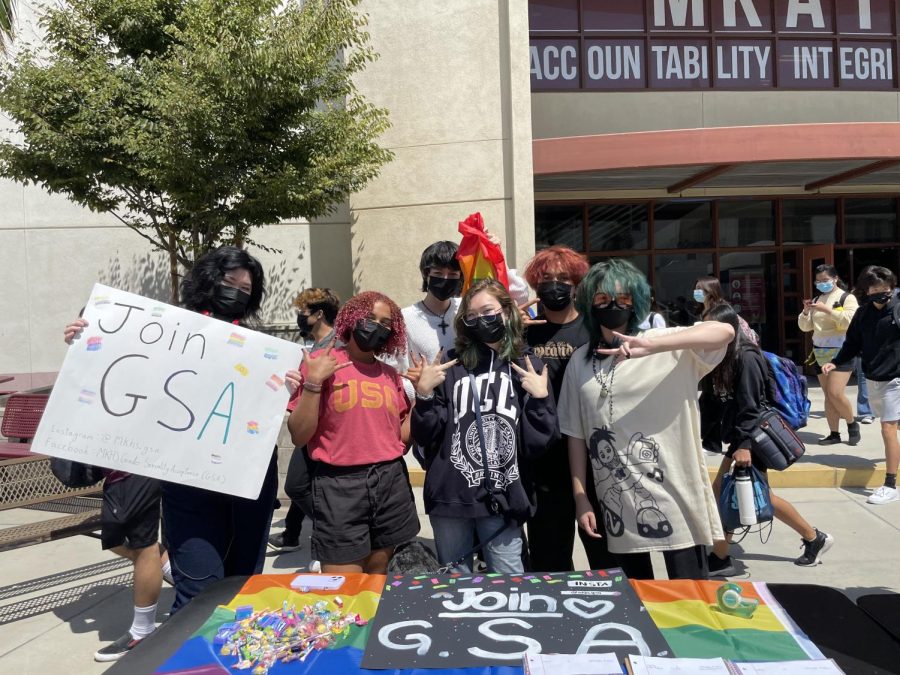On September 3rd, 33-year-old Olympic marathon runner, Rebecca Cheptegei, was burned alive by her former boyfriend.
Rebecca Cheptegei was an American marathon runner competing for her home country, Uganda, in the 2024 Olympics. After she had just come home from competing in the Olympics, she was attacked by her former boyfriend, Dickson Ndiema. He covered Cheptegei in petrol and set her on fire, and as a result, she suffered burns that covered 80 percent of her body. She received care in the ICU, but eventually passed due to her severe burns and was later buried on her family’s land in eastern Uganda.
Cheptegei’s story is one of many others, showing the issue of domestic violence against women, especially in East Africa. Cheptegei was a victim of femicide, which is the killing of a woman or girl simply because they are a female. In recent years, the number of femicides committed has increased scarily, especially in places like Africa, Asia, and Latin America. Femicide is such a growing issue that laws have even been passed specifically to address this issue. For example, Chile and Costa Rica have both passed laws to make femicide a legally defined crime. There has been an increase in cases where women have been attacked and killed by their partners just like with Cheptegei. Her tragic tale brought attention to the growing issue of feminism and highlighted the real dangers that many women face across the globe.
Femicide is driven by many different causes such as gender inequality, misogyny, and outdated cultural norms. In many places, women are seen as inferior to men, which makes the violence against women go ignored. In extreme cases, when women go against the social expectations set for them, they can end up as targets for violence or murder.
In more recent years, the efforts to fight against femicide have increased with more organizations and activists coming forward for the cause. Governments around the world are raising awareness and supporting the survivors of gender-based violence while activists are protesting for more to be done for the victims of these crimes. Femicide is not just a women’s issue, it is a social issue that reflects the gender inequalities in many places around the world. Femicide and gender-based crimes are issues that have deep roots in misogyny that need to be addressed more head-on.






















